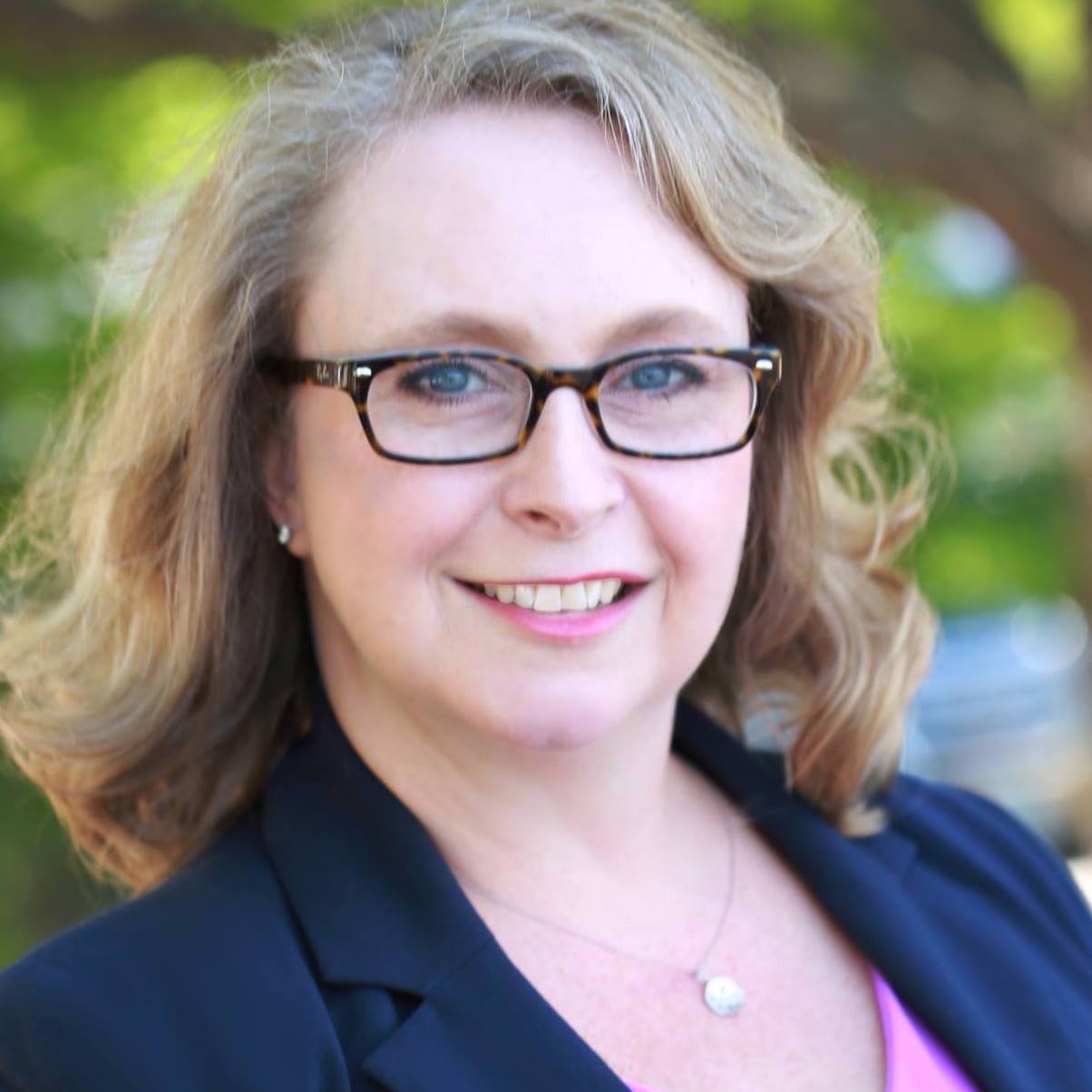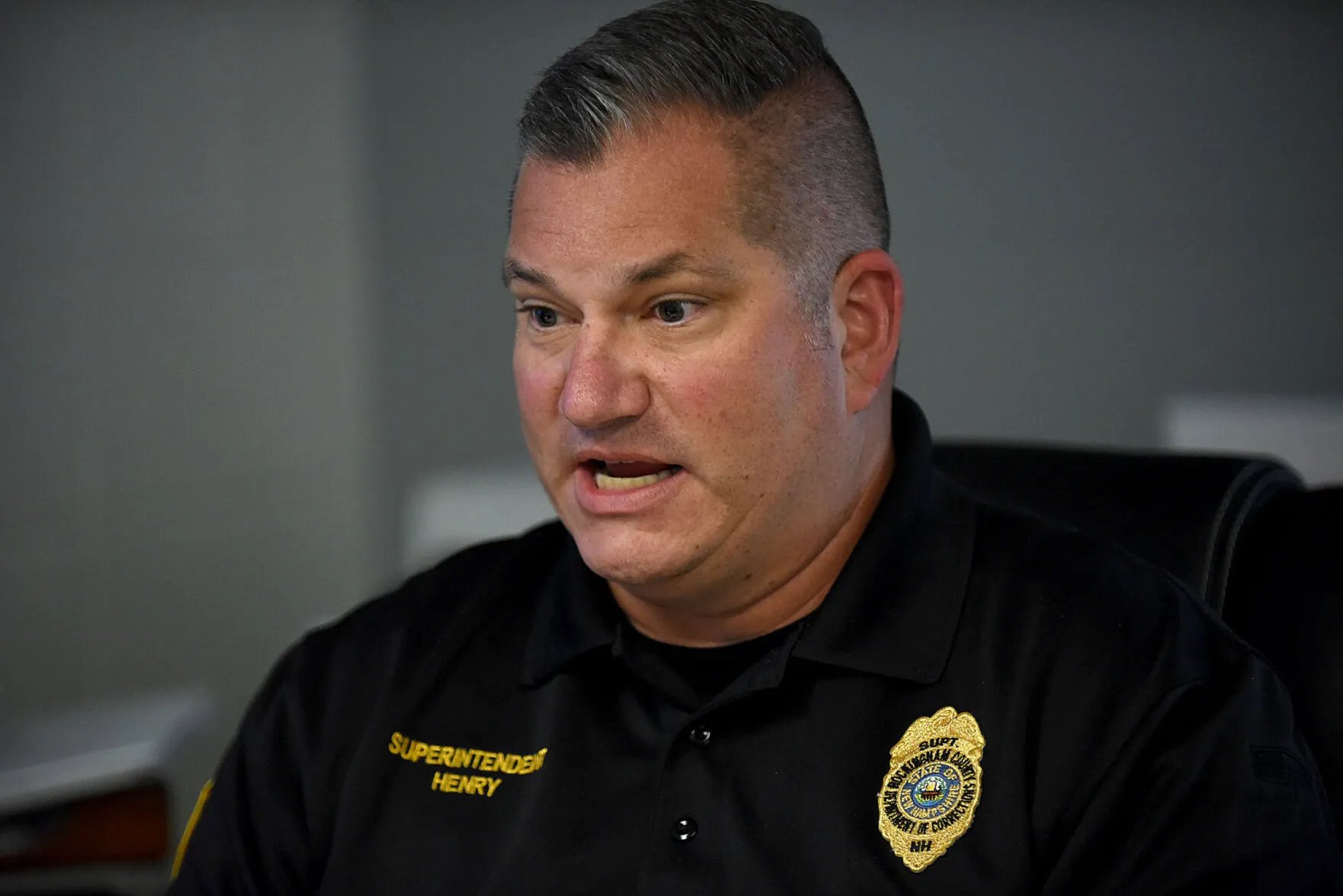Pretty much everyone agrees — civic education is important. But why? And what exactly does that entail? On this episode of “The State We’re In,” New Hampshire Secretary of State David Scanlan and Lily Woo, the state’s Civic and Voter Education Coordinator talk about a new initiative to foster civic education in the state.
By Rosemary Ford and Caitlin Agnew
This article has been edited for length and clarity.
Melanie Plenda:
First, let’s talk about civics. Secretary Scanlan, how would you define what that is and why it’s important?
David Scanlan:
Well, civics is a basic understanding of our government, and from my perspective, state government is just very, very important. Every citizen of New Hampshire has the opportunity to participate in their government, and they do that through their right to vote, and if they are a registered voter, then they also have the right to run for office. That process is integral, integral to our society and the way that it operates. So it is really, really important that that system function very, very well.
Melanie Plenda:
Tell us about the role of the civic and voter education coordinator and what you hope comes from it.
David Scanlan:
In my experience in government, which has spanned over several decades in a number of different areas, there just seems to be a general decline in confidence that voters have when they go to the voting booths. Along with that comes a lot of misinformation and disinformation that is out there flowing around, and it is becoming more and more prevalent through the use of social media and the sophisticated and technical ways that we have to communicate today, as opposed to the way we communicated 20 years ago. That coincides with a decline in the knowledge that voters have about how their electoral system works.
While I have spent a lot of time over the last 20 years helping to educate poll workers and individuals that are engaged in the actual process of conducting elections, I find now that it is really important that we reach out to voters and educate in those processes as well.
Most voters, when they go to their polling place, they check in, they receive a ballot, they mark the ballot, and they turn it into the moderator, and then they leave the polling place. What they may not be aware of when they go through that process is the many checks and balances that are built into our system that help guarantee and make sure that their votes are accurately counted and that the process is working properly. We have to take the time to help our voters understand that, and the way we do it is to be more transparent and educate the voting public — not only when they go through the polling place, but at every opportunity that we have when they engage in their civic government.
So that's why I believe it's important that we have this position now of civics and voter education outreach coordinator, so that we can be proactive in reaching out to students and groups and everyday citizens about how our governmental system works, and why it is important that they understand that process and participate in it.
Melanie Plenda:
Lily, I'd love to know how you are finding the role, and tell us more about what you've been up to.
Lily Woo:
First of all, not having a blueprint has been a bit challenging. I think the atmosphere is very fraught right now with misinformation, disinformation, and that is challenging. But I think with all of these challenges, there comes excitement for the opportunity to be part of a team that works hard to be proactive and that combats the misinformation, the disinformation.
I think, as a former teacher, it's ironic to me that we teach our students to hand in work that is theirs. We teach our students to do the right thing when nobody's watching. So the excitement of this position is to be part of a team that combats the misinformation, the disinformation and the artificial intelligence that's out there. I think that's pretty common with challenges and opportunities.
One of the things that I really enjoyed was being part of the election training and talking to the election officials out there and hearing from them what they're seeing in the public, and eventually putting together a curriculum that will address the issues that the election officials are bringing up.
Melanie Plenda:
What are they seeing in the public? What are the issues?
Lily Woo:
They are issues that can be as foundational as, what do you need to register to vote? I think there can be issues that are more complex, like, what are you allowed to wear in a polling station to, when can I change my party affiliation? There's a primary election, there's a general election, and the rules are different — or at least to a certain extent — not vastly different, but there are things that are different. So I think there are issues that certainly we can help to educate the public on that will help election officials be able to concentrate on having a polling station that is run efficiently and eliminate all of those layers of having to repeat the answer to the same questions.
Melanie Plenda:
Lily, you mentioned the curriculum. What are your goals for developing a curriculum about civics?
Lily Woo:
Anytime you develop a curriculum, you always have to begin with the end in mind. In this case, you begin with an end in mind of two pillars. The one pillar being the foundational elements of civics, which is individual rights, the rights guaranteed in the Constitution, the rights guaranteed in the Bill of Rights. The other pillar is civic responsibility.
So if you begin with that end in mind, the other piece you need is the why. If you can get to the foundational elements of “what does it mean to be a citizen with individual rights?” you can start to give students the tools to combat the misinformation, the disinformation. If you can give students a sound relation to what it means to be civically responsible. Well, then you give them a tool to be good citizens in society, and then ultimately that's going to hopefully build trust in foundational systems that have been the bedrock of communities and this country.
Melanie Plenda:
This question is for both of you. How will this help educators? Lily, let's start with you.
Lily Woo:
Being an educator myself, I think it's not just about handing the school a curriculum and saying, “have at it.” I think there are a lot of factors that go into being in front of a body of students, whether it's 15, 25, 35. So I think knowing classroom teachers have a resource here, knowing that I understand what it is like to be in a classroom, I hope is helpful to educators.
David Scanlan:
This is really a multi-stage program, and the curriculum part of it is the long-term planning. How do we get a program, a solid program, that school districts can use around the state to teach students in the classroom? But beyond that, there are other groups out there that are important to this process, and it’s important that we reach out to them as well.
So we have some initiatives going where we've been working with veterans’ groups to try and get out and communicate with veterans.They already know about civics because they have sacrificed for our country in different ways, and we want to pull from that experience that they've had and the respect that they have in their own communities and try and engage them to become participants in the election process in terms of helping at polls and other things.
We had a great “I Voted” sticker contest that was in the school system. That's something that we can continue as a program. That's kind of a short-term initiative, but it generates tremendous interest and gets students engaged at a very early level. There may be other things that we can do, like essay contests in the higher grades. There are some awards that we can issue that are sponsored by national organizations, like the National Association of Secretaries of State, to young adults — whether they're high school seniors or college students or even slightly beyond that — to recognize individuals for their efforts in the community that have engaged in a civic way.
Melanie Plenda:
That leads to our next question for the both of you: How will this help students and/or the general public?
David Scanlan:
The idea is just to help students and the general public understand things about the election process that they might not know. And if they do know, we'll give them confidence that we have a great system in New Hampshire, and that because of that, you should have confidence in the results of the elections. And to let them know that the opportunity is certainly there for them to become active participants in that process, so they can see firsthand and experience firsthand how these systems work and understand the checks and balances that are at play.
If we can encourage adults and voters to do that, then I think the misinformation part is going to take care of itself. When people become aware and knowledgeable, it is less easy to fall victim to incorrect facts out there about the election process itself.
Lily Woo:
One of the things that I know about this office, and I know the secretary is very keyed in on, is recognizing and acknowledging when students or when the public is engaged in the civic process. If we can continue building the foundation for students and creating civically literate graduates who enter into this world, hopefully that spirit of engagement will continue and will carry on for a lifetime — whether it is volunteering at the polls on Election Day or whether it is continuing to look out for neighbors, be part of the community, that everyone's moving in the same direction toward the public good. When everybody's rowing in the same direction, good things are going to happen.
Melanie Plenda:
Here’s another question for the both of you: As we approach the election, what would you like people to know about the process as it stands right now?
David Scanlan:
Well, New Hampshire has a unique system in terms of its elections, and what makes it unique is the fact that we elect our local election officials at the local level, so people's neighbors, their peers, family and friends, are actually the ones that are running the election — the polling place that voters will go to in that community. Those individuals are elected because people have faith in their ability, they believe in their integrity and their honesty, and that goes a long way in giving them some confidence.
We have a very human process too, and errors can be made. I mean, people can make an error in adding numbers together when they're reporting final results, but our system is built to withstand that because it is easy to request a recount in the state. We now perform audits of ballot counting devices and things like that. So while the system was not designed to be perfect, it was built to accurately reflect who won an election when the dust settles, and New Hampshire does a great job.
I mentioned that there are checks and balances at play in the polling place, and some of those involve the political parties themselves. They are allowed to make appointments of participants in the polling place, and the best example of that are the inspectors of election, which are more commonly known as the ballot clerks. Those individuals are the ones that hand a ballot to the voter when they're checking in, while the other individual crosses the name of the voter off the checklist. That's usually a Republican and a Democrat sitting side by side, engaging in that process. So not only can they keep an eye on each other, but they can also see what is going on in the polling place itself — and it's those checks and balances that are really important to just making sure that the system works properly.
At the end of the night, when the moderator announces the results, the ballots are all packaged up and placed in boxes with security tape. There's a seal that is placed over those boxes that has to be signed by the selectmen in the town, and those seals are not broken unless there is a request for a recount or a court orders a ballot box be opened up for some reason. So those are the things that we need voters to understand and become aware of, and that's part of the importance of the program that Lily is engaging in right now.
It’s also important for voters to understand the three different branches of government and the role that each plays in the process of elections. That's something that people are becoming less and less knowledgeable about, and it's time that we reverse that trend and make sure that people understand that the judicial branch of government, the executive branch of government and the legislative branch of government all have really important roles to play in our democratic process.
Lily Woo:
Having gone with the election trainers from this office and meeting with the election officials in the different towns across the state, what I would want the public to know is, as the secretary said, these people are your friends and your neighbors, and they are the ones that are making the process as efficient and as comfortable as possible for everyone. I think the public needs to know that.
As somebody said to me in one of the training sessions, “New Hampshire is working hard to do it right.” I think that is something that is a credit to the office here that is training the officials. I think it's a credit to the election officials, and I think it's a credit to the patience of the public — that if something is not going right at the polls, well, it's time to find the moderator and to ask the moderator questions about what is going on. But I think, as the secretary said, there are checks and balances built into the process. I think certainly voters should go in confident that New Hampshire is getting it right.
Melanie Plenda:
Well, you two have a lot on your plate, especially in the coming weeks. Good luck with these endeavors. Thank you for joining us, Secretary of State David Scanlan and Lily Woo, the state’s civic and voter education coordinator
These articles are being shared by partners in the Granite State News Collaborative. For more information, visitcollaborativenh.org. “The State We’re In” is a weekly digital public affairs show produced by NH PBS and The Marlin Fitzwater Center for Communications. It is shared with partners in the Granite State News Collaborative, of which both organizations are members.

















